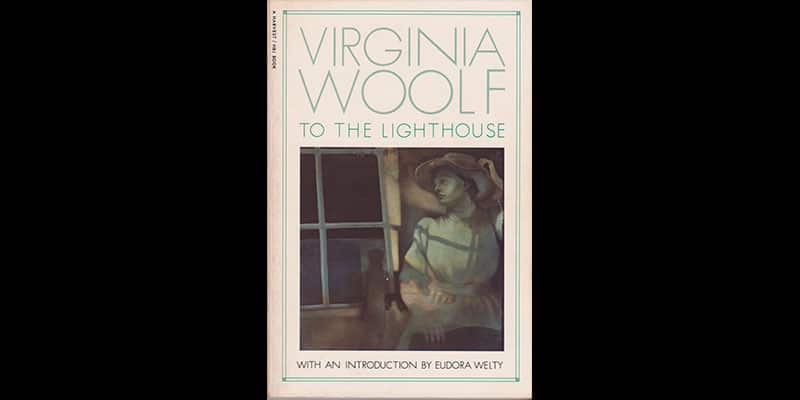A Year In Reading

My first novel was finally published last summer, and it’s hardly surprising that the themes I grappled with during the long, long journey to publication should resonate in the books I read during the year: silence and absence and the ways in which they can shape a life. In every form—poetry, memoir, fiction, non-fiction, hybrid—I was drawn to those that reckoned with the spectral past.
To The Lighthouse by Virginia Woolf: I’ve faithfully returned to this novel every few years, and re-reading it this year was especially meaningful, because I credit (or blame) this book for inspiring me to quit any form of lucrative employment to write fiction full time. Virginia Woolf said that writing this novel allowed her to lay her mother’s ghost to rest, and it’s her great gift as a writer that she allows us to experience that untimely loss even as she is exorcising it. How we yearn, too, that the space left empty should fill again, but it is “to want and want and not to have.”
All the Lives We Ever Lived: Seeking Solace in Virginia Woolf by Katharine Smyth: A line of poetry quoted in To the Lighthouse is the title for this lovely, lyrical memoir, in which Katharine Smyth tries to come to terms with the loss of her father, a larger-than-life figure who eclipsed his wife in their daughter’s love. She turns again and again to the world of Virginia Woolf for consolation, and the book becomes a layered meditation on grief as the great rupture in Smyth’s life mirrors the rupture of death in Woolf’s life, and especially in To the Lighthouse.
All the Lives We Never Lived by Anuradha Roy: Against the backdrop of the rise of Nazi Germany, the looming shadow of the second World War, and of India’s increasingly urgent struggle for independence from the British, a young boy’s life in a small town in India is shaped by an event no less cataclysmic for him. Myshkin’s mother, in a desperate bid for her own freedom as an artist and as a woman, runs away from home. Myshkin’s entire journey into adulthood, and even into old age, is a quest to understand what his mother Gayatri could have desired enough to leave her beloved son behind in her flight to another life that she had dreamed of, perhaps, and wanted so desperately to live.
Savage Conversations by LeAnne Howe: If the other books obsessively circle the personal lacunae in the family, this one shines a light on a black hole in our shared memory. How is it that so few know that Abraham Lincoln, revered as the Great Emancipator, was also the man who ordered the death of thirty-eight Dakota by hanging? That repressed history returns with a vengeance in this strange and surreal retelling, as the widowed Mary Todd Lincoln is committed to a mental asylum on charges of insanity, and is visited there by the Savage Indian and the seething Rope which knots itself into nooses.
North by Seamus Heaney: In the Irish Nobel laureate’s fourth volume of poetry, the past—like bodies buried in peat bogs—is perfectly preserved. When the corpses of the bog people are dug up, they bear the scars of unremembered atrocities; and when the past is unearthed by the relentless excavations of memory, “the tight gag of place/And times” is finally loosened as the threat to remain silent invoked in Heaney’s poem, “Whatever You Say, Say Nothing” loses its power.
Say Nothing: A True Story of Murder and Memory in Northern Ireland by Patrick Radden Keefe: My to-read lists are heavily weighted towards fiction, but since I had recently read a number of novels about the Troubles in Ireland, I plucked this non-fiction book out of the dangerously teetering pile by my bedside. A couple of years before Heaney wrote his poem about silence, Jean McConville is abducted from her home and young children, and her mysterious disappearance haunts them and the community. What happened almost five decades ago is the beginning of a book as gripping as any thriller, as illuminating as any history, as artful as any novel in the way the facts unfold to a conclusion that rocks you back on your heels.
In a former life, I was an announcer on classical music radio stations in various cities, and I came to recognize the visceral impact of a piece of music by the way it continued to reverberate in my imagination long after the last notes had faded into silence. So it is with these books out of the many, many books I read this year.
Leave a Reply